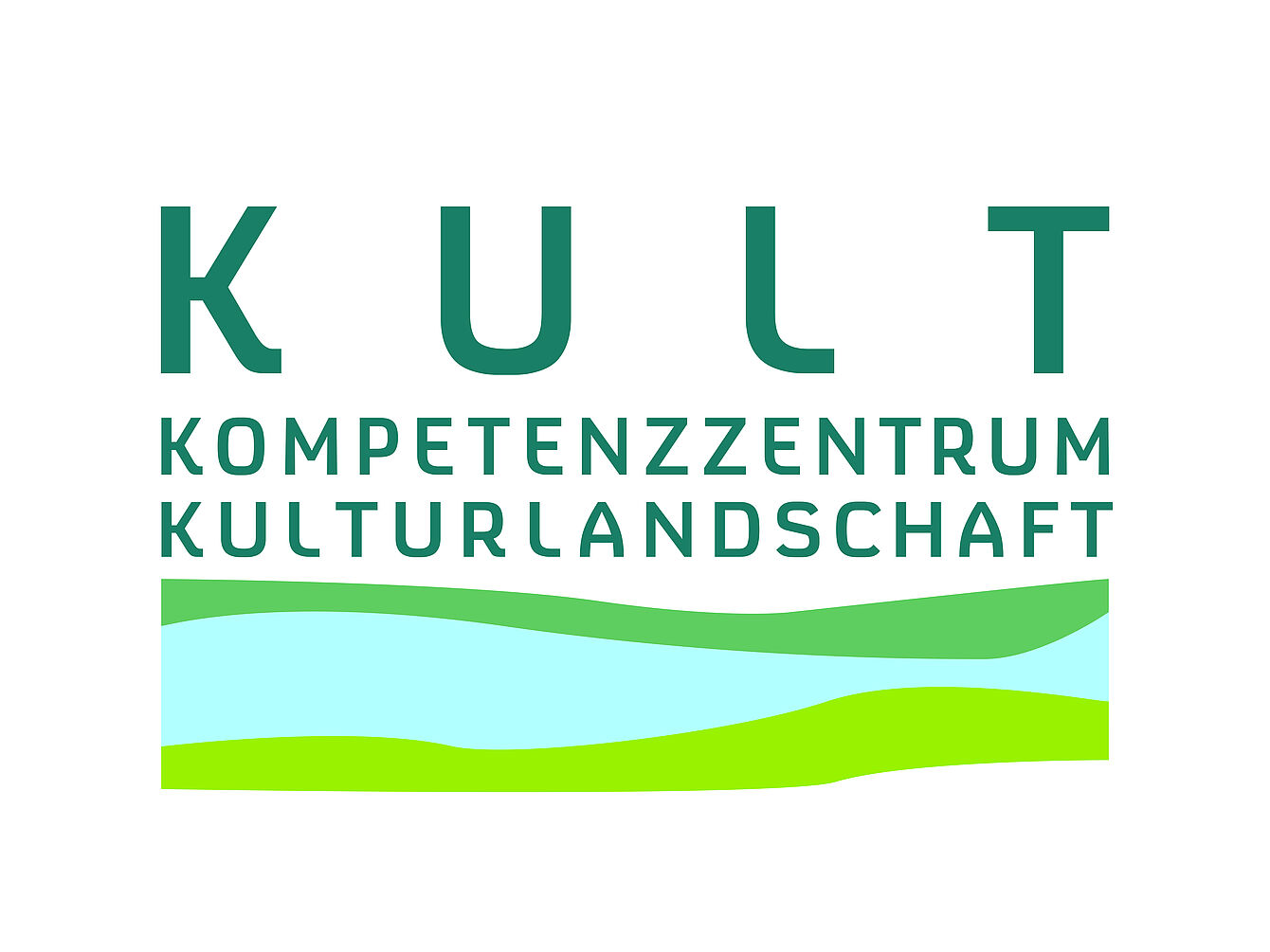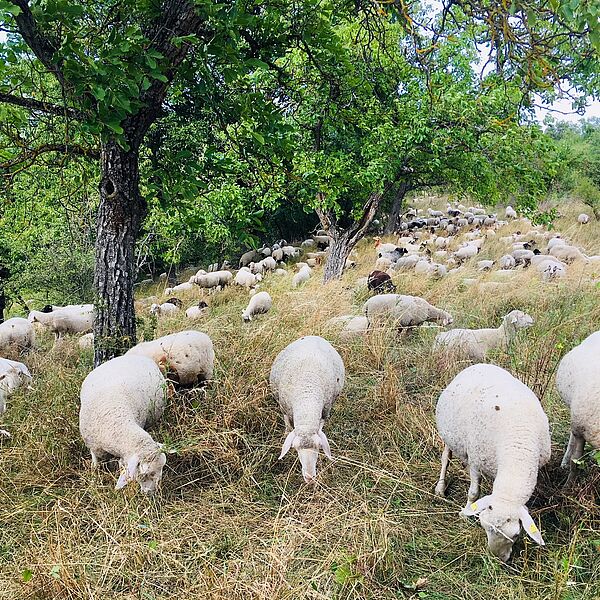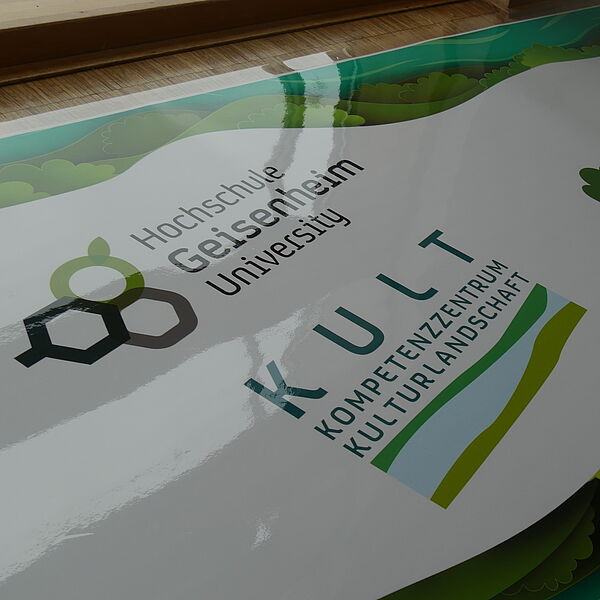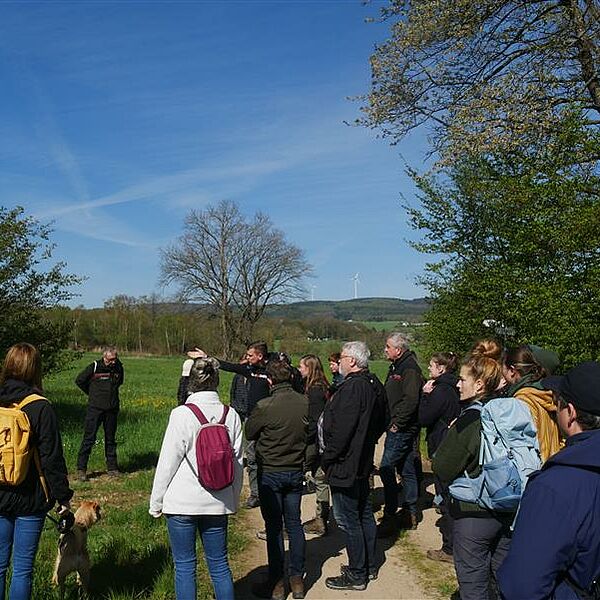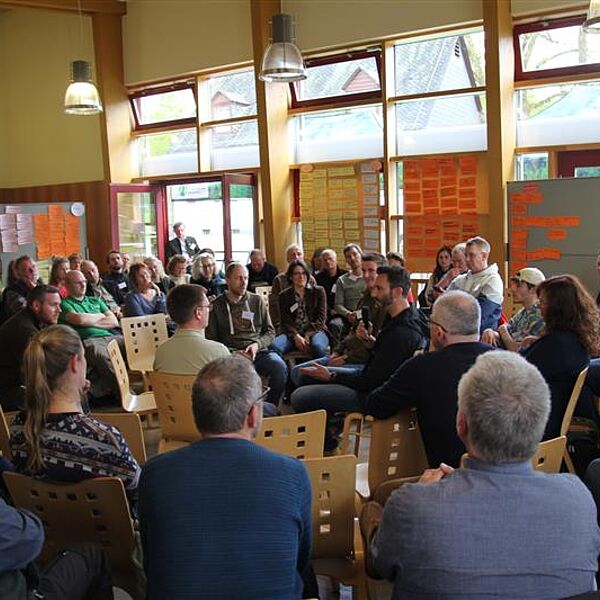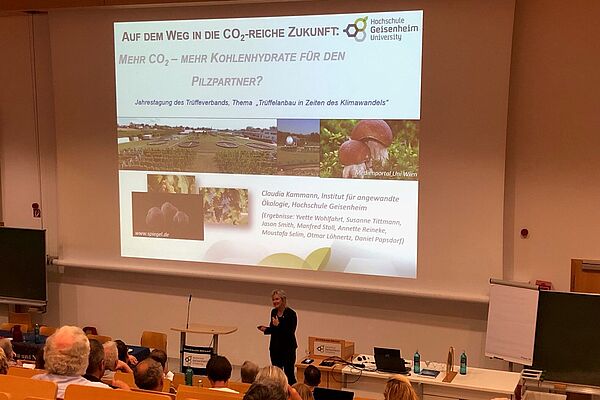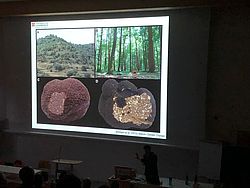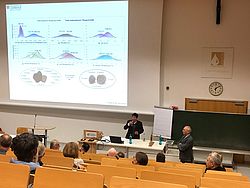Truffles are cultivated together with their host trees such as hazelnut, beech or English oak because the fungus and tree form a symbiotic relationship. The fungus needs a chalky soil to grow and also occurs in the wild. However, all types of truffles in Germany are subject to stringent protection and may not be foraged; cultivated truffles are excluded. At present, around 60 tons of truffles are sold in Germany every year. Until now, truffles have usually been imported from Italy, France or Spain, but this could soon change given that farmers and private individuals have started cultivating the Burgundy truffle (Tuber aestivum var. uncinatum), and this is set to increase in the coming years. In this way, demand could grow in step with regional offer and the fine-dining market could score with the freshness and regional origin of these distinctive fungi.
People cultivating truffles in Germany are still in the minority. They include private connoisseurs of the "black gold" as well as agricultural holdings looking to generate an additional source of income. The host trees, on whose roots the truffles develop are seeded with truffle spores. However, compared to other crops, harvesting the fungi is not as predictable. It takes around seven years before the first truffles - ideally with the help of a truffle hunting dog - can be unearthed.
However, with climate change, Germany's truffle pioneers don't have it easy because droughts also make cultivation more difficult and both trees and mushrooms suffer from extremely dry phases such as in 2018, thus resulting in lower yields. For this reason, the artificial irrigation of truffle crops plays an important role, which also made the topic of truffle cultivation in times of climate change the main subject addressed by the conference. But also soil and its complex interaction of many factors was examined more closely. There were also some interesting insights into how the truffle fungus reproduces. Dr. Uli Stobbe and Prof. Dr. Claudia Kammann, Professor of Research into Climatic Effects on Special Crops said: "We will have a very different climate 30 years from now. This will also have an impact on the truffles' host trees. However, as ectomycorrhizial symbionts,they are more likely to benefit from rising CO2 concentrations." Prof. Ulrich Büntgen from Cambridge University demonstrated that climate change will reduce the yields of black truffles (Tuber melanosporum) in the future, especially in indigenous cultivation regions such as Perigord in France – and that southern truffle species will spread northwards. The German professor has found Burgundy truffles in the parks of Cambridge University – he is the only university employee who has been permitted to enter the park with his dog for research purposes.

